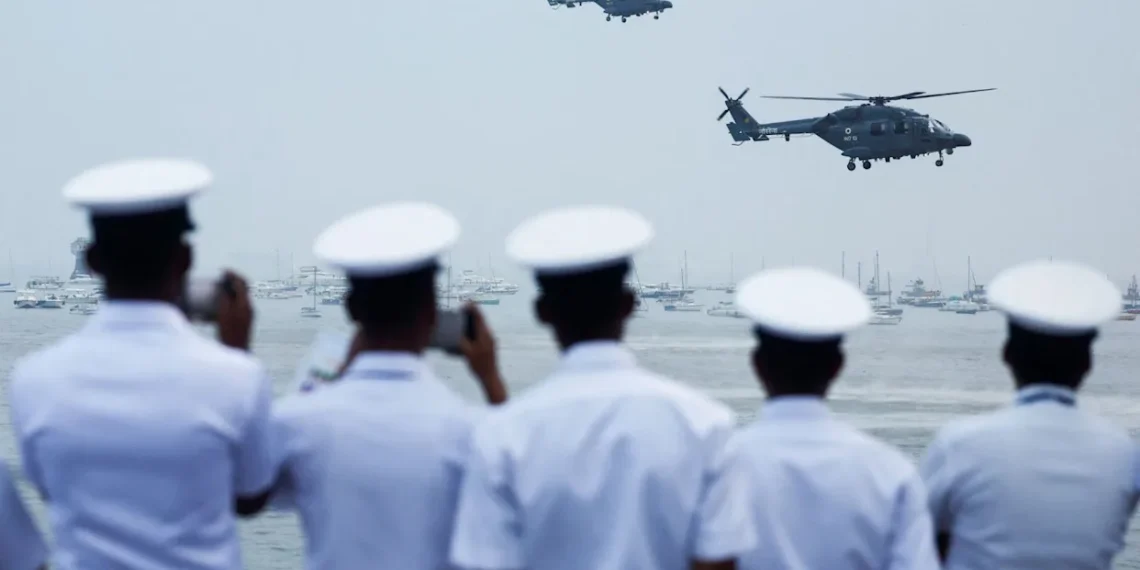The Federal Government has agreed to a United States security intervention plan aimed at helping Nigeria confront its deepening crisis of terrorism and banditry. The confirmation came on Monday through a statement issued by the Special Adviser to the President on Information and Strategy, Bayo Onanuga, who said the decision followed a series of high level meetings between Nigerian officials and top figures in Washington.
According to the statement, the delegation led by National Security Adviser Nuhu Ribadu met with senior officials drawn from the US Congress, the White House Faith Office, the State Department, the National Security Council, and the Department of Defense. The discussions were held in the aftermath of President Trump’s designation of Nigeria as a Country of Particular Concern, a move driven by allegations of genocide against Christians.
The Nigerian government again dismissed the allegations, insisting that violent attacks in the country harm families and communities across several religious and ethnic lines. It warned that framing the crisis as one targeted at a single group would only inflame tensions and distort the real drivers of the conflict.
Read also:
- NDLEA, Army Corps Synergize to Fight Illicit Drug Activities
- COS lauds Nigerian military for restoring peace in Liberia
- Security operatives aid smuggling ring making up to N6bn weekly — Sources
Though Abuja did not reveal the full details of the agreement, officials said the talks opened the way for expanded security cooperation. The United States has signalled readiness to increase intelligence sharing, speed up Nigeria’s requests for defence equipment, and possibly provide surplus military hardware depending on availability. Washington also offered humanitarian support for communities affected by violence in the Middle Belt and pledged technical assistance to strengthen early warning systems and crisis response structures.
The negotiations came amid earlier warnings from the Trump administration, which had threatened direct military action if Nigeria failed to curb the surge of extremist attacks. With insecurity worsening and global concern rising, the federal government described the meetings as an important moment to correct false narratives, rebuild confidence, and forge a more constructive partnership with the United States.
Both governments have agreed to put in place a non-binding cooperation framework and to establish a Joint Working Group that will coordinate the areas of collaboration endorsed in Washington. In its closing remarks, the Nigerian delegation reaffirmed the administration’s commitment to improving civilian protection and strengthening all channels required to keep citizens safe. It added that the renewed partnership offers a chance to confront the nation’s security FG bows to US pressure, accepts American security intervention to counter terror, banditry






